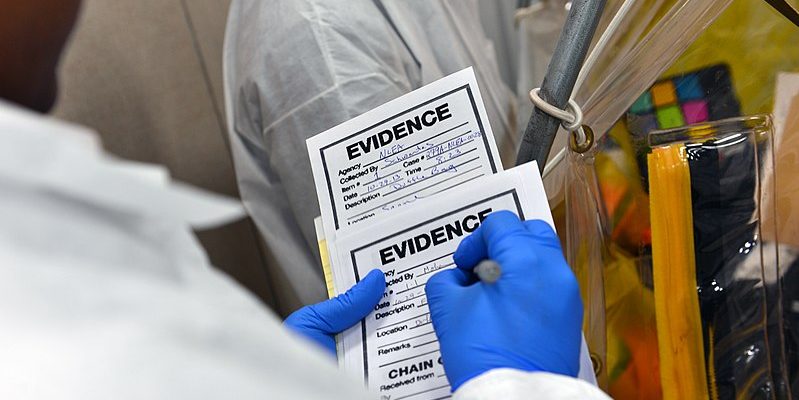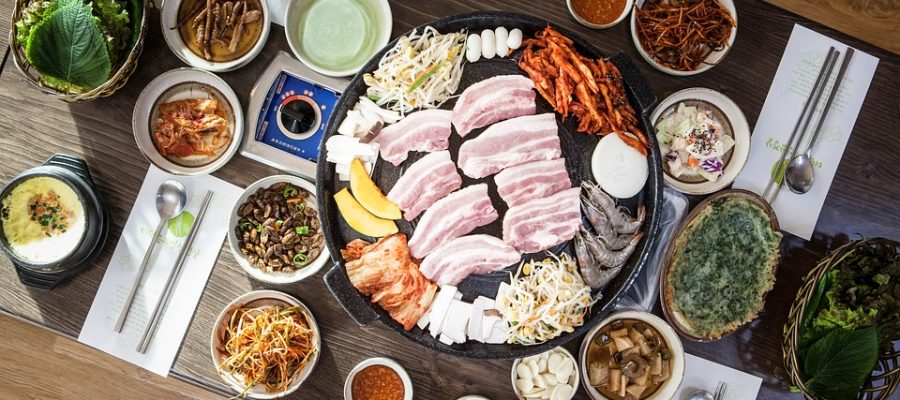By: Andres Paciuc Download Full Article (PDF) Cite: 19 Duke L. & Tech. Rev. 198


By: Andres Paciuc Download Full Article (PDF) Cite: 19 Duke L. & Tech. Rev. 198

By Brendan Clemente This past March, Duke Law’s Professor Brandon Garrett released his newest book, Autopsy of a Crime Lab: Exposing the Flaws in Forensics. Professor Garrett founded the Wilson Center for Science and Justice and studies the use of forensic evidence in criminal cases. Brendan Clemente, Duke Law & Technology Review’s (DLTR) Managing Editor, sat down with Professor Garrett to discuss the book. Thank you for joining DLTR to discuss your new book, Autopsy of a Crime Lab: Exposing the Flaws in Forensics. What made you want to delve into this topic in this book? My introduction to forensics came after law school. I took evidence in law school, for which I am glad now that I am now teaching it. We did not cover expert evidence. I did not take law and science classes, and I went to law school having turned away from math and science, like most of us lawyers do. When I was in practice, I worked at a civil rights firm where there were two types of cases one could gravitate toward: police brutality cases and wrongful conviction cases. I told the partners I wanted to work on the police brutality cases. The wrongful

By: Kurt M. Saunders and Valerie Flugge As any chef will tell you, cooking and food preparation is a creative, sometimes innovative, endeavor. Much thought and time is invested in selecting ingredients, developing the process for preparing the dish, and designing an interesting or appealing look and feel for a food item. If this is true, then it should come as no surprise that recipes, food designs, and other culinary creations can be protected by various forms of intellectual property, namely: trade secrets, design and utility patents, trade dress, but usually not copyright. This article considers how intellectual property law has been applied to protect recipes and food designs, along with broader issues relating to how these rights may overlap and their implications for competition. Download Full Article (PDF) Cite: 19 Duke L. & Tech. Rev. 159

By: Chad Squitieri Download Full Article (PDF) Cite: 19 Duke L. & Tech. Rev. 139

By: Max King Online payday lenders pose serious risks for consumers. Yet, for years, these lending companies have skirted state regulation by pleading tribal sovereign immunity. Under this doctrine, entities that are so affiliated with tribal nations that they are “an arm of the tribe” are immune from suit. Without comprehensive federal regulation, tribal sovereign immunity has served as a trump card at the pleading state for online payday lenders. The Note argues that change may be on the horizon. In the recent decision Gingras v. Think Finance, the Second Circuit held that the Supreme Court’s holding in Michigan v. Bay Mills Indian Community permitted injunctive suits against tribal affiliates, acting in their official capacity off reservation, based on state law. If other courts adopt the Second Circuit’s reasoning, states and consumers will be far better equipped to tackle online payday lenders. Download Full Article (PDF) Cite: 19 Duke L. & Tech. Rev. 122